When discussing lighting, especially in terms of outdoor or street lighting, one of the most critical parameters to consider is lumens. But what exactly are lumens, and does a higher lumen rating necessarily mean a brighter light? This blog will delve into the concept of lumens, how they relate to brightness, and other factors that impact the perception of light.
Understanding Lumens
Lumens measure the total amount of visible light emitted by a source. Unlike watts, which measure energy consumption, lumens directly indicate the brightness of a light source. For example, a standard 60-watt incandescent bulb produces about 800 lumens. Therefore, when comparing different light sources, lumens provide a more accurate indication of brightness.
Higher Lumens, Brighter Light?
In simple terms, yes, higher lumens typically mean a brighter light. A light source with 1600 lumens will appear brighter than one with 800 lumens. This is because it emits more light, thus illuminating a larger area or creating more intense illumination within a given space. However, the perception of brightness is also influenced by several other factors.
Factors Affecting Perceived Brightness
-
Color Temperature: The color temperature of light, measured in Kelvins (K), affects how we perceive brightness. A higher color temperature (e.g., 5000K, which is cool white) might seem brighter than a lower color temperature (e.g., 2700K, which is warm white) even if the lumens are the same. Cool white light is often perceived as more intense, while warm white light feels softer and more diffused.
-
Beam Angle: The distribution of light, dictated by the beam angle, also affects brightness perception. A narrow beam angle focuses light in a smaller area, making it appear brighter, whereas a wide beam angle spreads the light over a larger area, potentially reducing the perceived intensity.
-
Distance from Light Source: The further you are from the light source, the less bright it will appear. This is due to the inverse square law, which states that the intensity of light is inversely proportional to the square of the distance from the source.
-
Surface Reflectivity: The materials and colors of surfaces illuminated by the light play a role in brightness perception. Light-colored, reflective surfaces will enhance brightness, while dark, absorbent surfaces will diminish it.
-
Ambient Lighting: The amount of surrounding light can influence how bright a light source appears. In a well-lit area, a light source may not stand out as much as it would in a darker environment.

Practical Applications
When selecting lighting for specific applications, it's crucial to consider the lumen rating alongside these other factors. For instance:
- Street Lighting: Higher lumens are typically better for street lighting to ensure roads and pathways are adequately illuminated. However, the color temperature should be chosen to avoid glare and ensure safety.
- Home Lighting: For a cozy atmosphere, lights with lower lumens and warmer color temperatures are preferable. In contrast, task lighting in kitchens or offices might benefit from higher lumens and cooler temperatures.
- Commercial Lighting: Retail stores and workplaces often require a balance between brightness and comfort, using higher lumens for visibility while managing color temperature and beam angles to enhance the shopping or working experience.

Conclusion
While higher lumens do mean a brighter light, the overall effectiveness and perception of brightness depend on several interrelated factors. Understanding these can help you make more informed decisions about lighting for various applications, ensuring optimal illumination, energy efficiency, and user comfort.

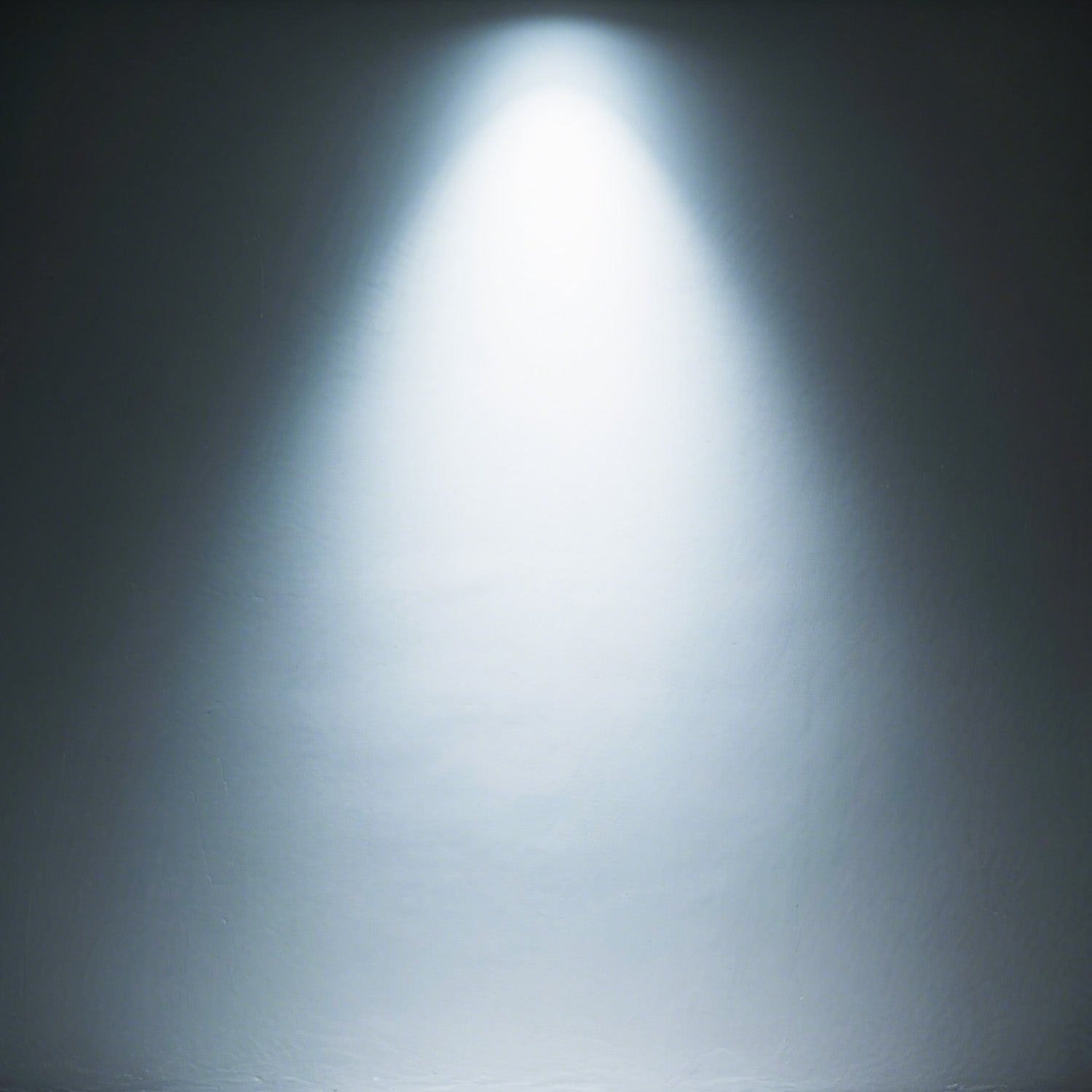

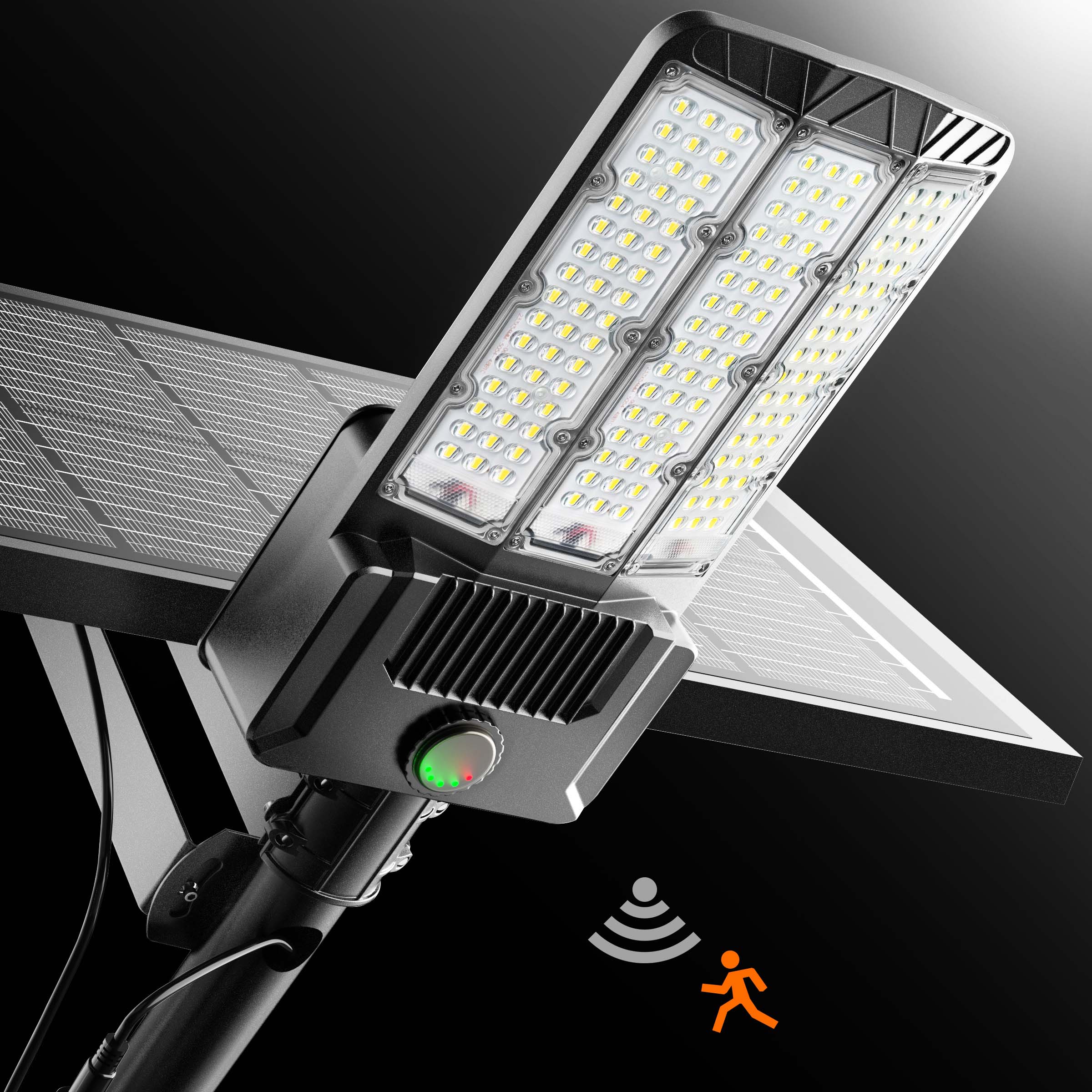
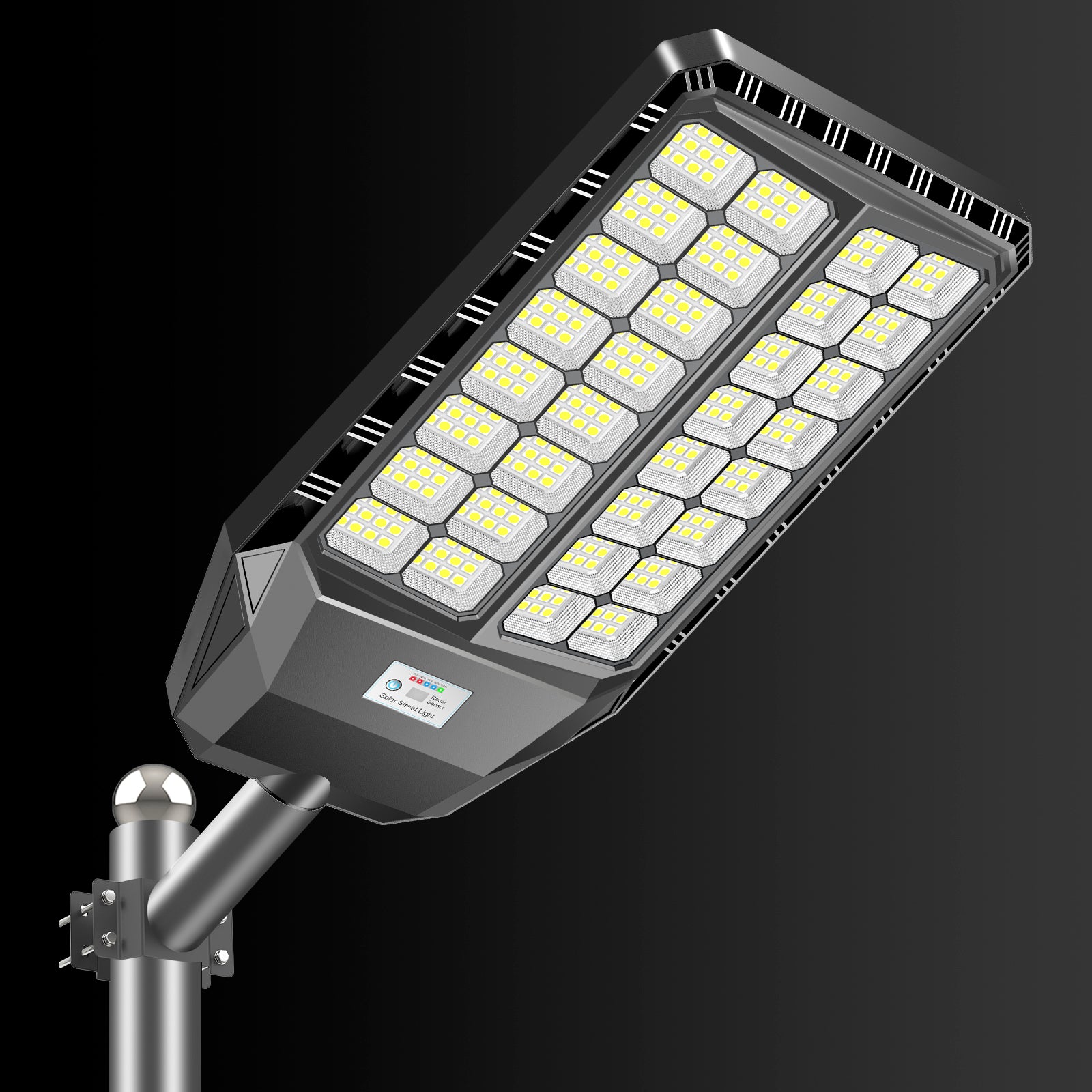
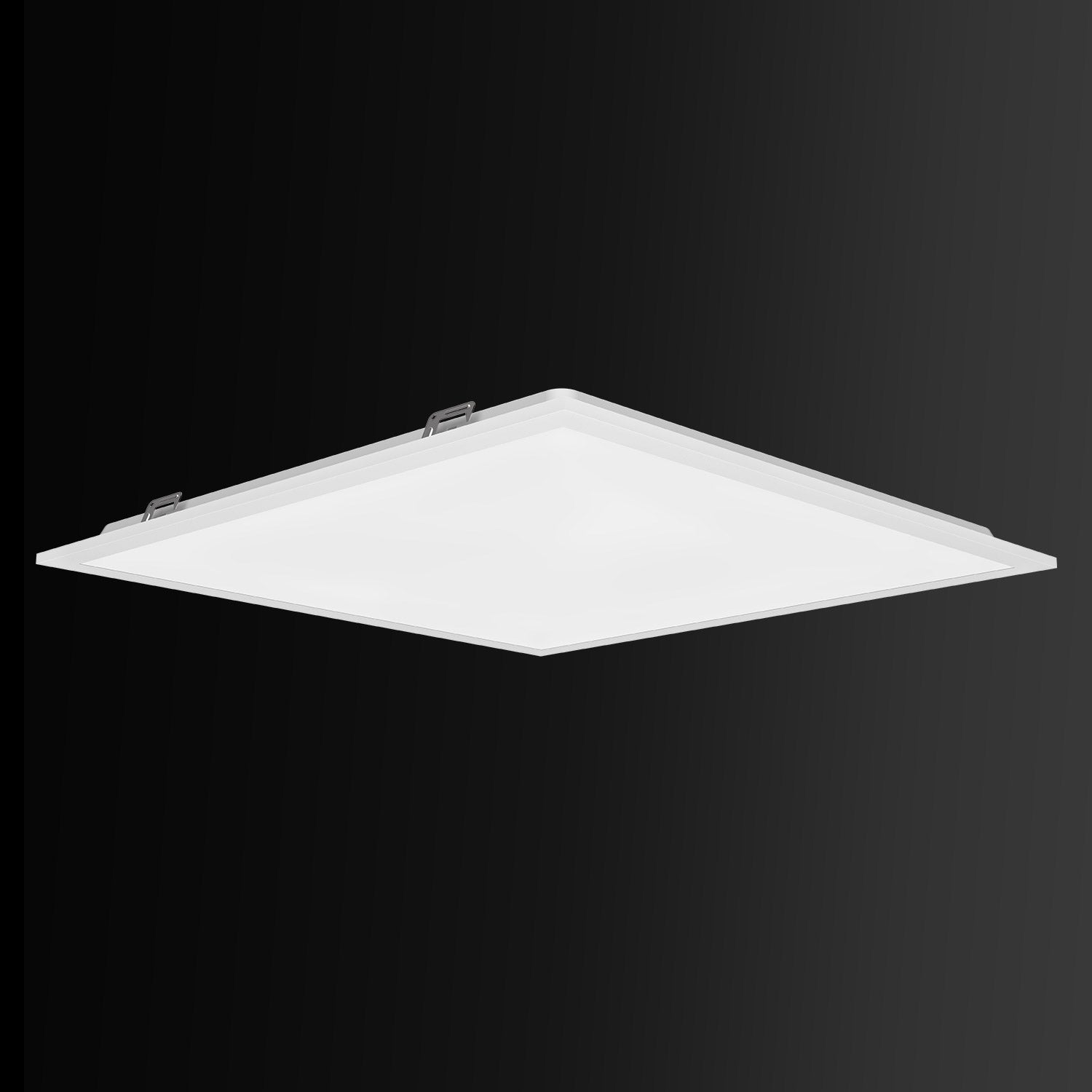
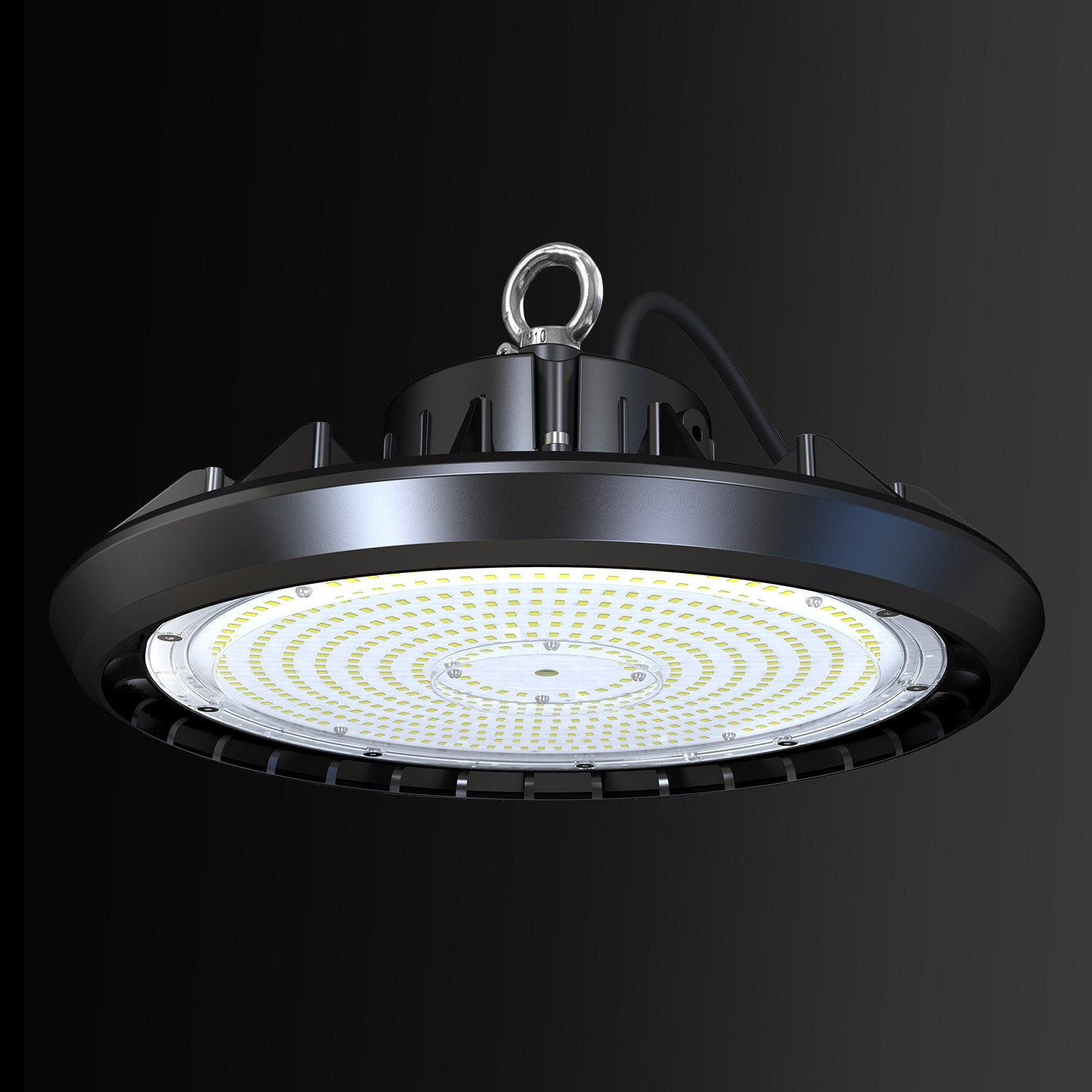
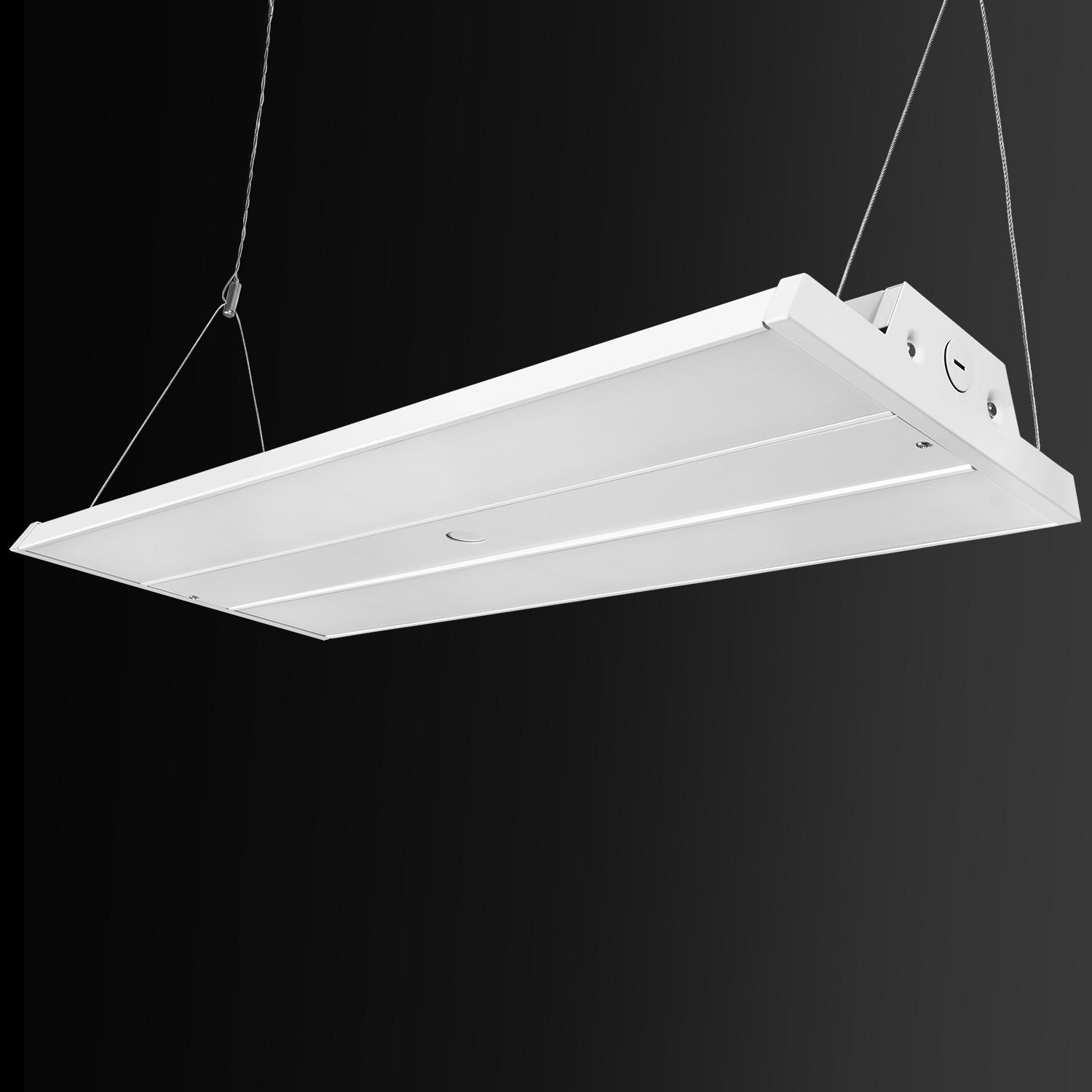

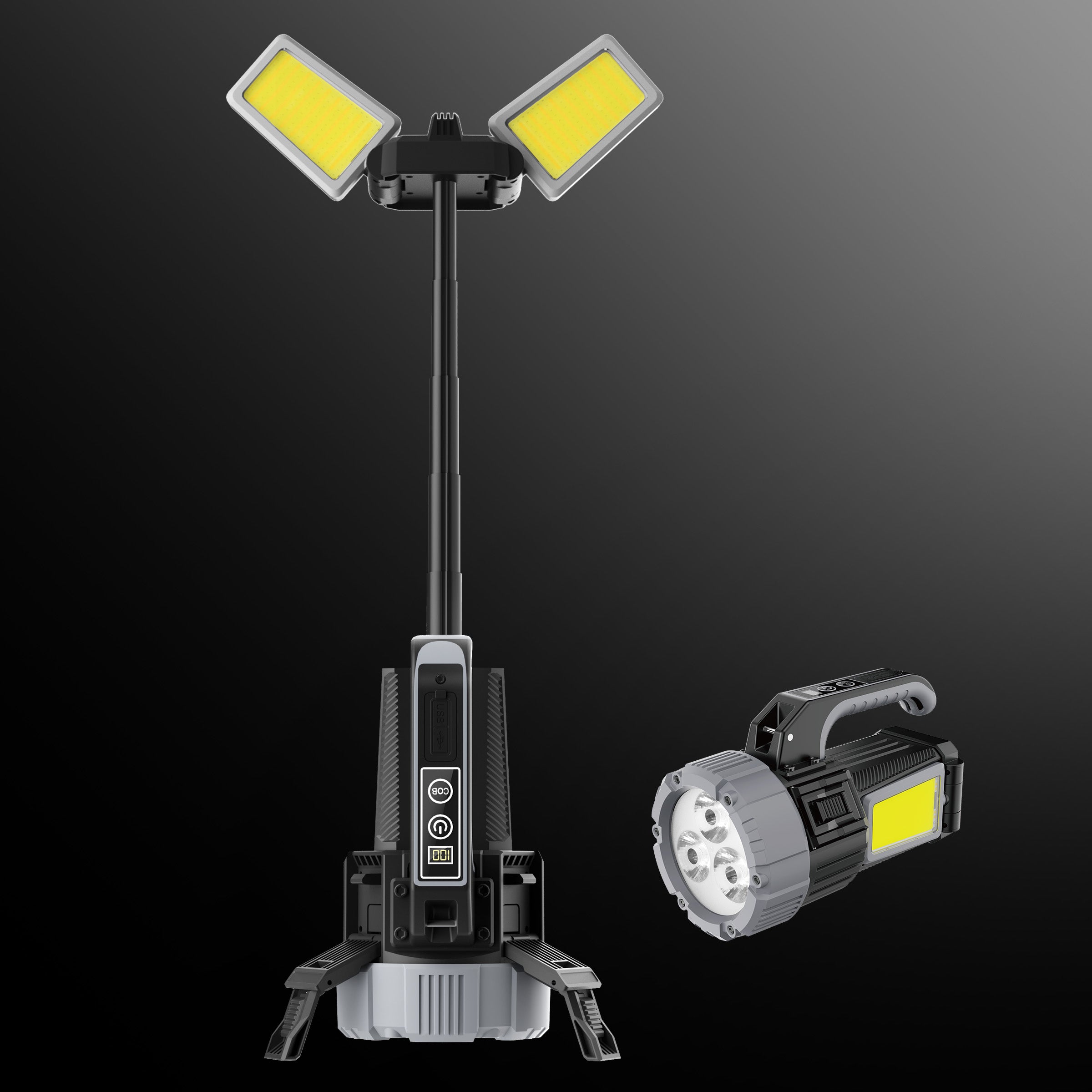



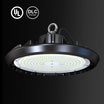



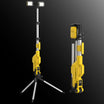
![[50%OFF] Hykoont LS018 Multi-Function 2 in 1 Flashlight Portable Extendable Adjustable Brightness CCT Bright](http://hykoont.com/cdn/shop/files/HYK-STDG18-2.jpg?v=1765273877&width=104)
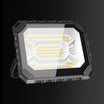







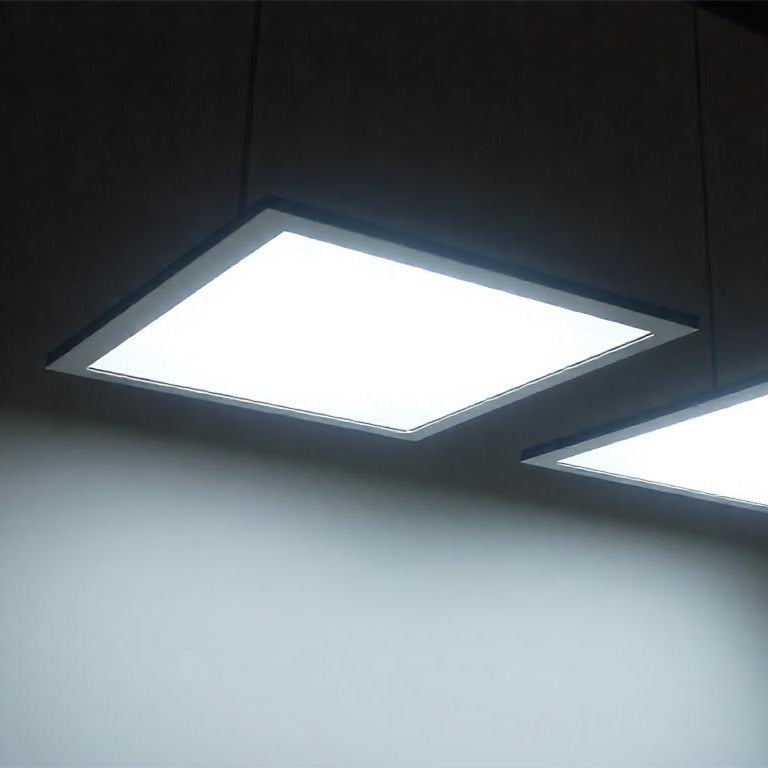

Leave a comment
This site is protected by hCaptcha and the hCaptcha Privacy Policy and Terms of Service apply.